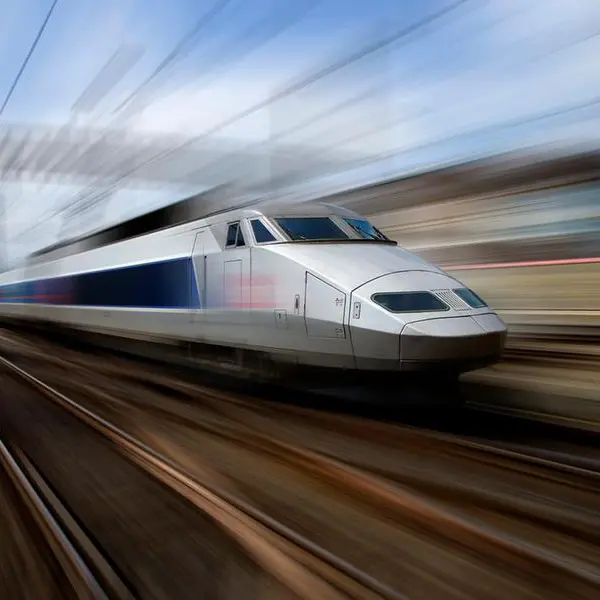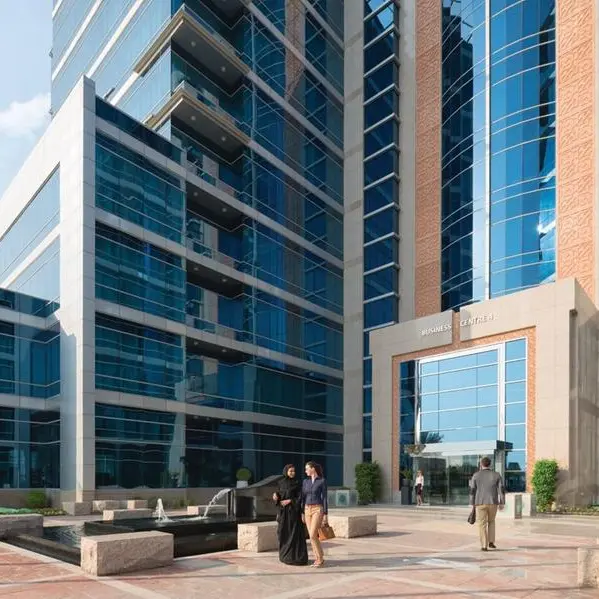The TransAdriatic Pipeline (TAP) beat Nabucco West to supply natural gas from Azerbaijan to the central European markets, and what is viewed as a game changer for the Central Asian country's natural gas fortunes.
The two pipelines were hoping to win over the backers of Azerbaijan's Shah Deniz field, located in the Caspian Sea and considered one of the world's largest gas-condensate plays.
The field is operated by BP and Statoil, which own 25.5% each in the development, and counts State Oil Company of Azerbaijan Republic (10%), Russia's Lukoil (10%), France's Total (10%), Iran's Naftiran Intertrade Company (10%) and Turkish Petroleum Association (9%) as key partners in the project.
Sponsors of TAP include Axpo of Switzerland (42.5%), Norway's Statoil (42.5%) and E.ON Ruhrgas of Germany (15%).
TAP had sweetened the deal by offering Shah Deniz consortium members the option to take a stake in TAP if the bid is secured - a move which was crucial in clinching the deal to carry 10 billion cubic meters of natural gas per year to Italy.
Indeed, there are plans to build reverse flow capacity in Northern Italy, linking to other countries in Northern Europe, according to energy consultants Wood Mackenzie. TAP also plans to target Greece and Albania, as well as connections to other markets, including Bulgaria and the Balkan region.
"The decision concludes a lengthy selection process," said Massimo Di-Odoardo, senior European gas and power research analyst for Wood Mackenzie.
"The shorter TAP option will have been able to propose a more attractive tariff, overcoming long-held strategic support for the Nabucco project. Nabucco West is a downsized version of the original Nabucco pipeline, and a means of diversifying supply to South East Europe, which is dominated by Russian gas. The decision has been driven by commercial considerations, including the financial robustness of the pipeline consortia and expected prices in target markets."
SPONSORS TURN THEIR BACKS
Meanwhile, the Nabucco West pipeline sponsors Austria's OMV Gas & Power, Bulgaria's Energy Holding, Petroleum Pipeline Corporation of Turkey, Hungary's FGSZ Natural Gas Transmission, and Romania's Transgaz said the Nabuco "project is over for us."
This is a major blow for Nabucco which had initially emerged as the early favorite to win the two-pipeline race, and there were even hopes that both pipelines could come to life eventually.
During the Nabucco-TAP contest, the European Commission had insisted that the winning project would 'open' the Southern Corridor, strongly implying that the other project would be implemented next, said Jamestown Foundation analyst Vladimir Socor, who had predicted that TAP would win in an April note to clients.
"According to this logic, the two projects could be sequenced; the contest over Shah Deniz gas would merely determine the order of sequencing Nabucco-West and TAP; and they would coexist in the future, each supplying Caspian gas to different parts of the European market, once a Trans-Caspian pipeline from Turkmenistan materializes."
The cancellation of Nabucco pipeline could also upset Turkmenistan's plan to transport its natural gas to European markets. The TAP pipeline certainly does not have the capacity or the inclination to carry Turkmen gas.
"Ashgabat would almost certainly welcome a credible post-Nabucco pipeline route to Central Europe," said Jamestown. "Turkmenistani gas could then flow to that market through the planned Trans-Anatolia pipeline, an Azerbaijani-led project."
PINNING HOPES ON EUROPE
However, Nabucco sponsors did hold out hope that there may be some takers for the pipeline given the long-term energy import challenges facing Europe.
"The need for diversification remains a challenge for the European market, in particular in the countries of Central and South Eastern Europe," according to the Nabucco pipeline website.
"We remain convinced that the Nabucco route offers the only possibility to answer these needs. Nabucco is confident of developing opportunities based on alternative gas sources."
Indeed, TAP's selection may not spell end of the pipeline.
"Gas may still flow along parts of the proposed Nabucco West route via the incremental construction of interconnectors and spur lines," said Di-Odoardo. "That said, the wider ambitions of the original Nabucco project are now unlikely to be realized."
Meanwhile, a final investment decision (FID) on Shah Deniz Phase 2 is expected to be taken before the end of the year, with gas sales agreements (GSAs) finalized before then, with first gas to be delivered by 2019, notes Wood Mackenzie.
"The initial 10 bcm capacity of TAP is strategically significant but represents only a small percentage of current European gas demand. SOCAR, Azerbaijan's state energy company, has consistently emphasized the importance of scalability as it seeks to become an influential supplier to Europe in future. To this end, future TAP expansion to greater than 20 bcm will be important."
In addition, the proposed Trans-Anatolian Pipeline (TANAP), taking natural gas across Turkey, could also be linked with TAP at the Greek border.
"TANAP cost estimates remain to be confirmed. The pipeline's construction has major political support, but will be expensive. If progress is delayed, Shah Deniz Phase 2 gas could reach western Turkey via expansion of the existing BOTAS network. This would be a lower cost, albeit less scalable, option."
© alifarabia.com 2013




















